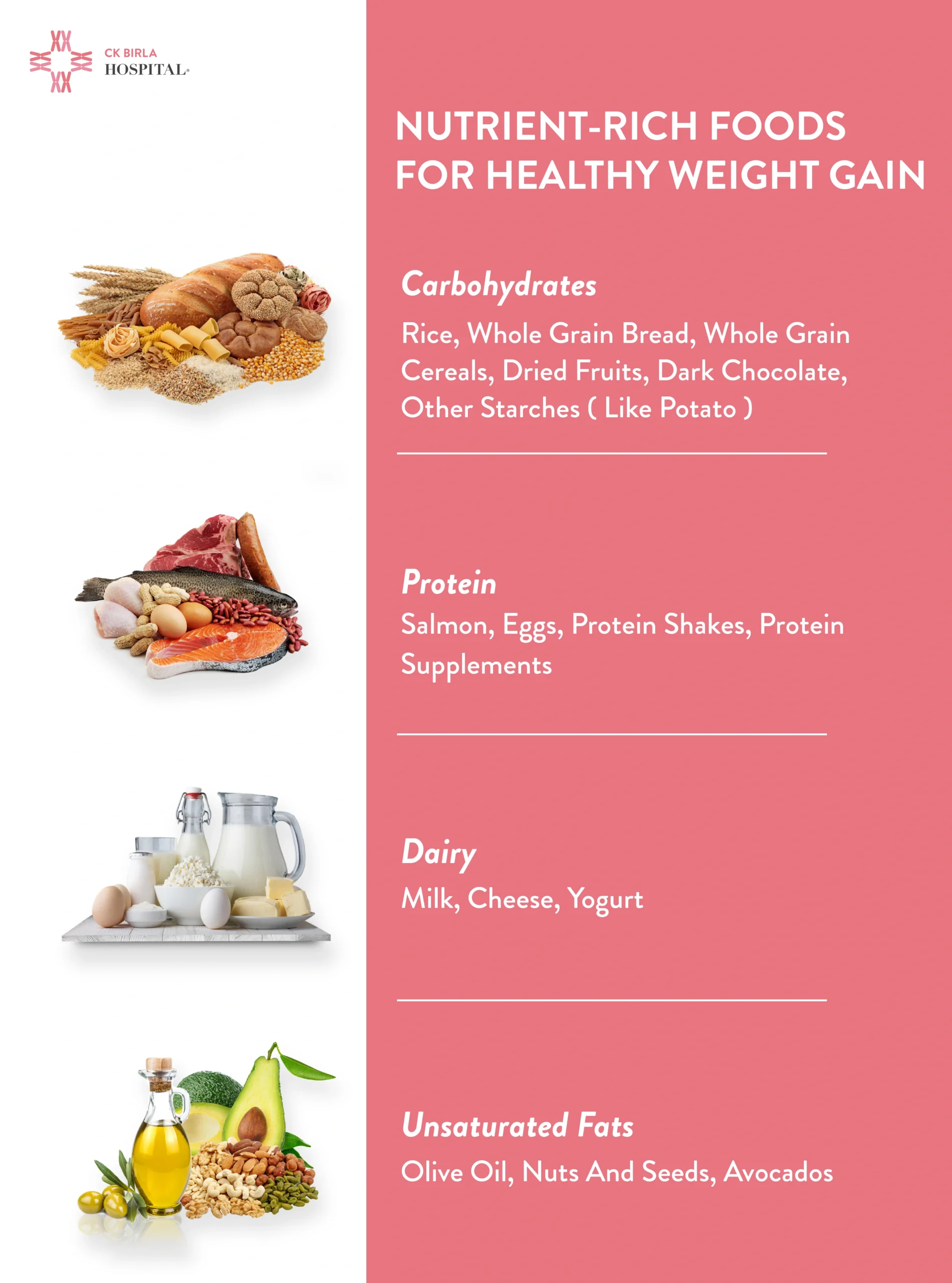Yibai Insights
Explore the latest trends, news, and insights from around the world.
Eat Big, Lift Bigger
Unlock your ultimate strength with powerful tips on nutrition and workouts. Eat big, lift bigger, and transform your fitness journey today!
Ultimate Guide to Meal Planning for Serious Lifters
Meal planning is an essential strategy for serious lifters looking to maximize their gains and fuel their workouts. By carefully selecting and preparing meals in advance, you ensure that your body receives the necessary nutrients to support muscle growth and recovery. Start by determining your daily caloric needs based on your workout intensity and metabolic rate. Create a balanced diet plan that includes a mix of proteins, carbohydrates, and healthy fats. A good rule of thumb is to allocate around 30% of your daily calories to protein, 50% to carbohydrates, and 20% to fats. This ratio can be adjusted based on your individual goals, whether that's bulking up or cutting down.
Organizing your meal prep can simplify the process and ensure you stick to your plan. Here’s a basic structure to follow:
- Plan your meals: Outline what you want to eat for the week, focusing on nutrient-dense foods.
- Shop wisely: Create a shopping list based on your meal plan to avoid impulse buys.
- Prep in batches: Cook larger portions in advance, allowing you to divide meals for the week.
- Store properly: Use containers that keep your meals fresh and easily accessible.

How to Fuel Your Workouts: The Best Foods for Muscle Growth
To optimize muscle growth, it's essential to fuel your workouts with the right foods. Incorporating a balance of proteins, carbohydrates, and healthy fats can significantly enhance your performance and recovery. Start by including high-quality protein sources such as lean meats, fish, and dairy products in your meals. Additionally, plant-based options like legumes and tofu are excellent for those following a vegetarian or vegan diet. Don’t forget about complex carbohydrates like whole grains and fruits, which provide sustained energy for intense training sessions.
Another critical aspect of fueling your workouts is timing your meals. Consider consuming a balanced meal or snack 1-2 hours before exercising, ensuring it includes both carbohydrates and protein. Post-workout, aim for a recovery meal within 30 minutes. This meal should be rich in protein to aid muscle repair and carbohydrates to replenish glycogen stores. Foods like a protein shake with a banana or a chicken wrap can make perfect recovery options. Remember, consistency in your diet is just as important as your workout routine for achieving optimal muscle growth.
Are You Eating Enough? Signs You're Not Fueling Your Gains
Are you struggling to achieve your fitness goals despite putting in hours at the gym? One of the most critical factors in muscle growth and recovery is nutrition. If you find yourself feeling fatigued, experiencing frequent muscle soreness, or not seeing the results you desire, it might be a sign that you're not fueling your gains properly. Your body requires adequate energy and nutrients to repair and build muscle tissue, and if you're consistently under-eating, it can hinder your progress.
To assess whether you're eating enough, consider these key indicators:
- Persistent Fatigue: If you're constantly tired or lack the energy to complete your workouts, it may indicate you're not consuming sufficient calories.
- Frequent Illness: A weakened immune system can result from inadequate nutrition, making you more susceptible to illness.
- Plateauing Performance: If your strength or endurance levels have stalled despite training, it could be a cue that your body needs more fuel.